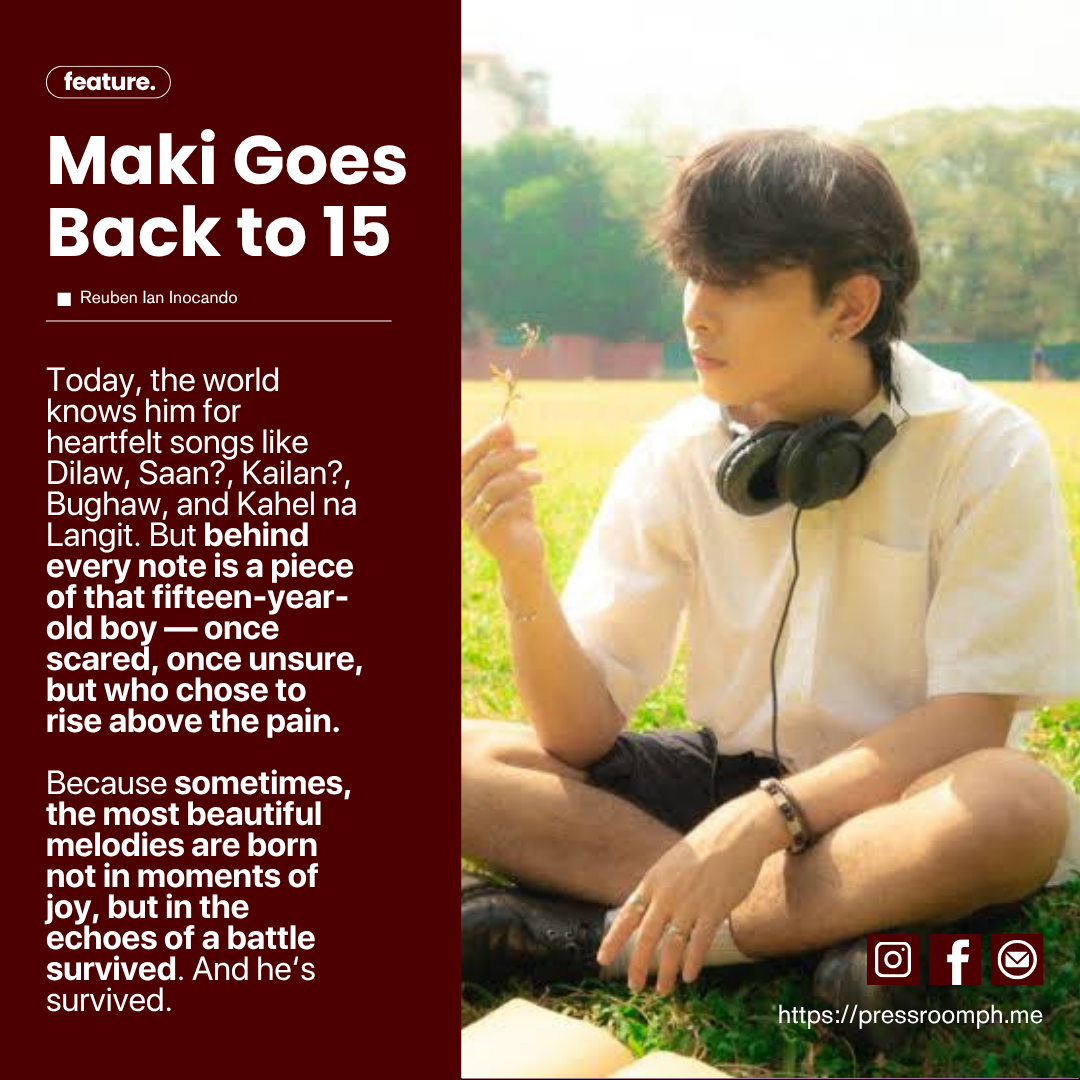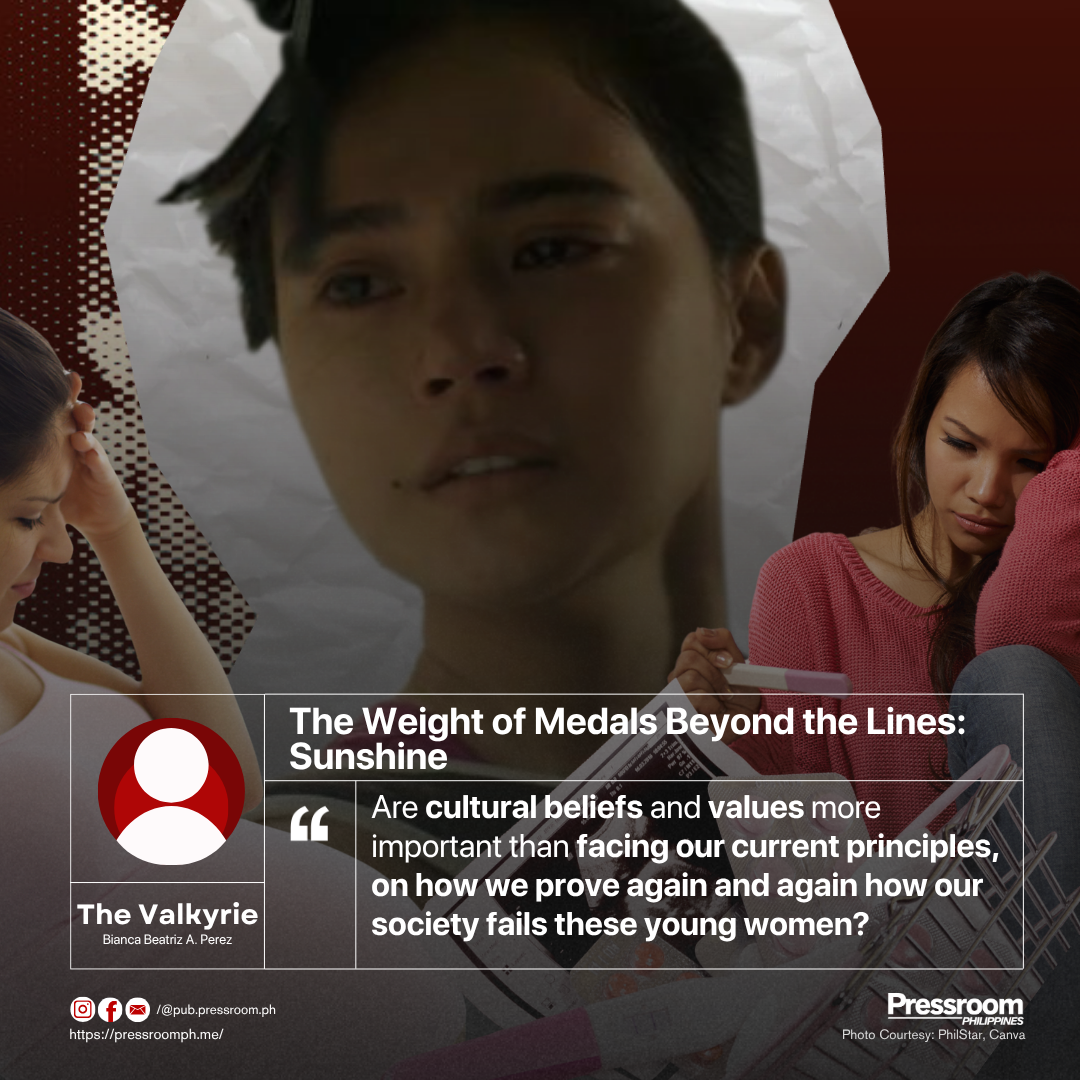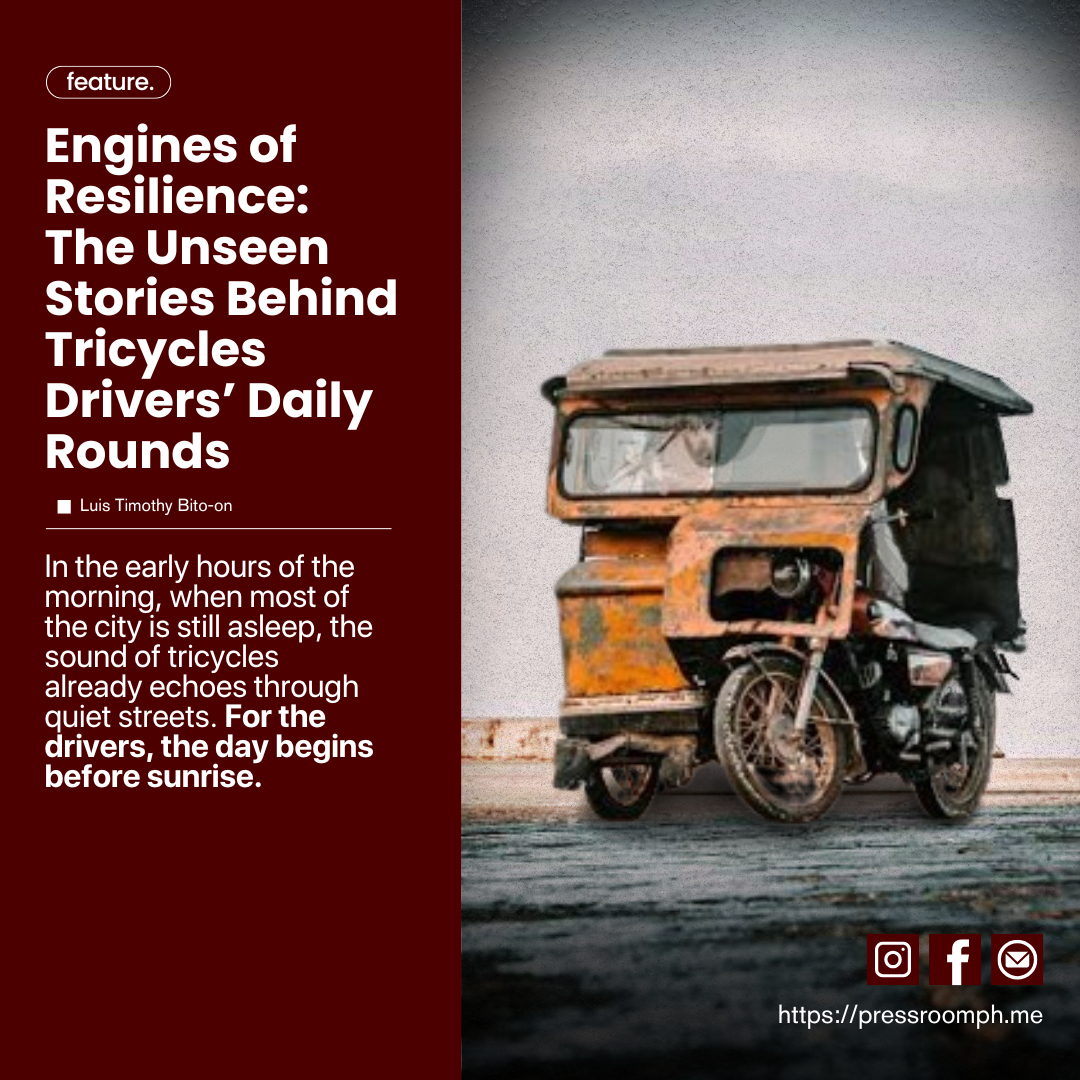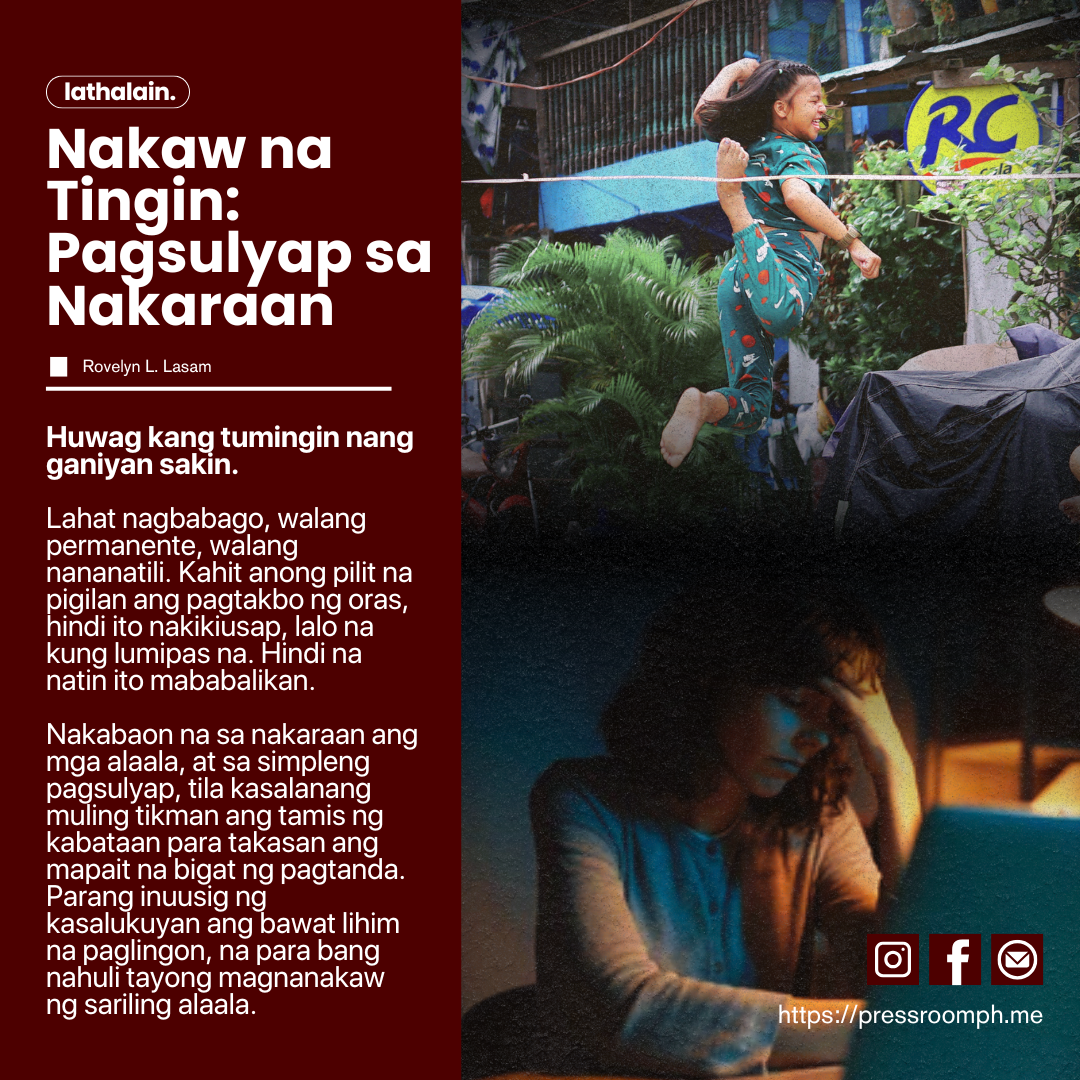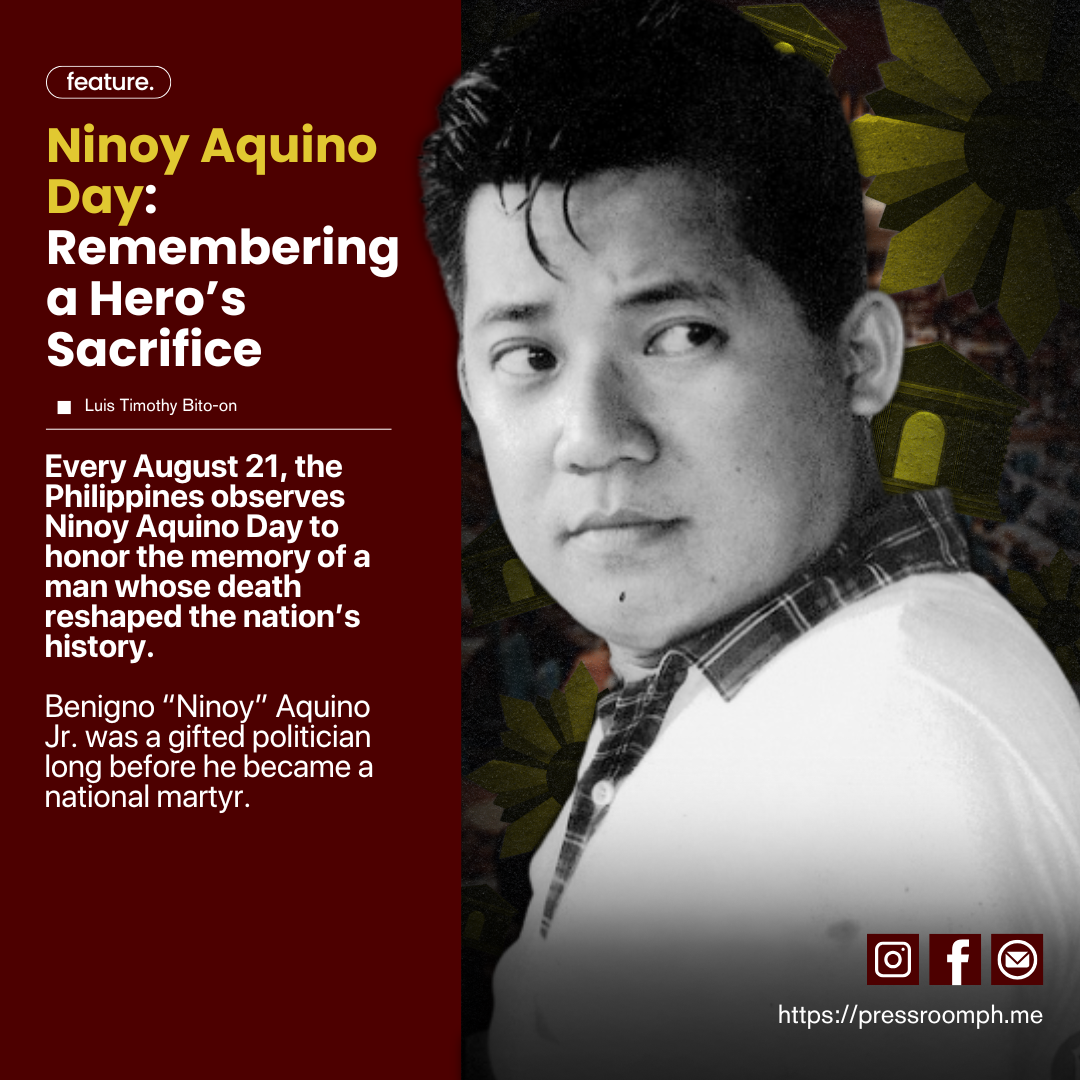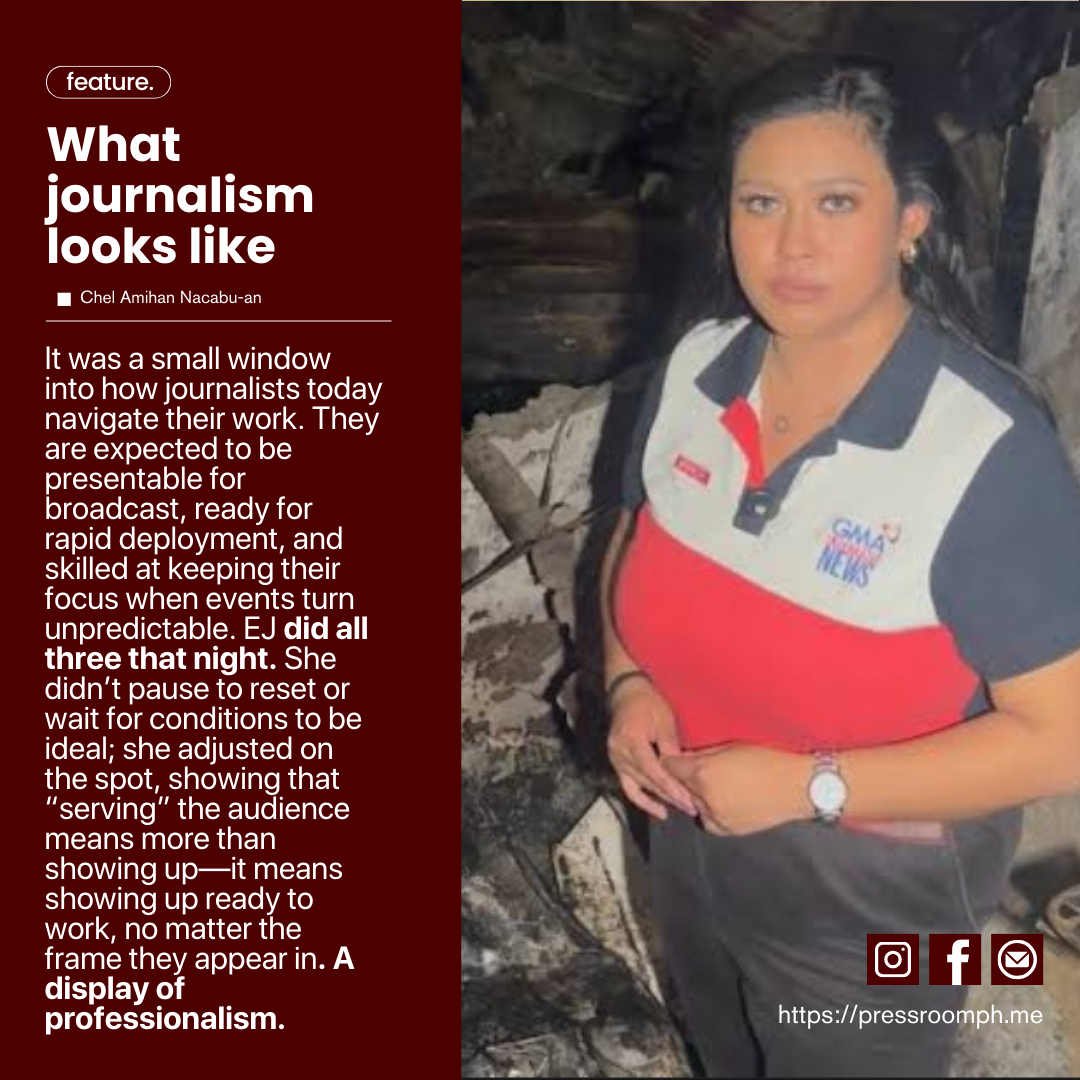via Reuben Ian Inocando, Pressroom PH
Under the glow of studio lights, Maki Robredo now stands as one of OPM’s most promising voices — his songs weaving color into the lives of those who listen. But long before the fame, there was a day when the stage felt like a dangerous place. At just fifteen, in the prime of his innocence and passion, he stepped into an audition that would leave him shaken, questioning not only his dream but also his place in the world he longed to enter.
Before the spotlight found him, Maki was simply a boy with fire in his heart and melodies in his soul. He joined audition after audition, chasing every opportunity to step closer to his dream. Yet one closed-door audition would test not just his talent, but his very sense of self.
When he sat down across from Boy Abunda on Fast Talk last August 7, 2025, he decided it was finally time to open a chapter he had long kept sealed. He began quietly, his voice wrapped in both courage and hesitation.
Maki said, “I was fifteen… full of passion, full of dreams. Actually, hindi po ito alam masyado ng mga tao sa akin, I don’t even know if my parents know this.”
He painted the scene — a locked room, a single judge, and him pouring out every ounce of talent he had. He sang, acted, danced — everything he thought would open the doors of the entertainment industry. But after the performance, the atmosphere turned heavy.
“After the audition po, tinanong niya ako ng questions na medyo hindi po siya pambata… First time ko po kasing matanong ng mga ganoong bagay.” He recalled
The questions had nothing to do with music or art. They dug into places no fifteen-year-old should have to explain. Boy Abunda looked him straight in the eye and asked, “Were you sexually harassed?”
Maki’s answer came with uncertainty. “Hindi ko po alam kung tatawagin ko siyang ganun,” he admitted.
But when Boy followed up, asking if it was verbal sexual harassment, Maki finally nodded. “Opo,” he said, the single word carrying years of weight.
He remembered how the man tried to justify the intrusion.
Maki explained, “Sabi po kasi niya is, ‘kailangan alam namin itong mga bagay na ito kasi dapat kilala ka namin as an artist.’ So ako po, naniwala po ako… Feeling ko po, first time ko po, kasi mahiyain po akong bata, e. Metaphorically para akong hinubaran… Kahit hindi po physically, pero I felt na I was really, really exposed.”
In that moment, fear took over. His instincts told him to leave, so he crafted an escape.
Maki recounted, “Di na po ako bumalik, tapos nag-jeep po ako pauwi, tapos umiiyak po ako sa jeep… Maybe I’m not ready yet for this dream. So if my dream is too big, baka di ako big enough to achieve it.”
Even so, he was clear: he was never touched.
Maki said firmly, “Hindi po, hindi ko rin po hahayaan.”
Today, the world knows him for heartfelt songs like Dilaw, Saan?, Kailan?, Bughaw, and Kahel na Langit. But behind every note is a piece of that fifteen-year-old boy — once scared, once unsure, but who chose to rise above the pain.
Because sometimes, the most beautiful melodies are born not in moments of joy, but in the echoes of a battle survived. And he‘s survived.
